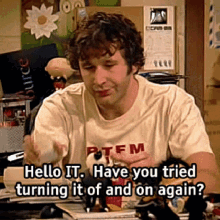It doesn’t matter what the bridge is worth, the owners are only liable up to the value of the ship. They’re protected by US and International law. The owners will be filing to limit their liability soon if they haven’t done so already.
https://www.britannica.com/topic/maritime-law/Limitation-of-liability
Interesting.
This formula means, generally speaking, that the shipowner is entitled to limit his liability for the negligence of the master or crew, but not for his own personal negligence or that of his managerial personnel.
Does this mean, if the captain fucks up their liability is limited, but if the accident is caused due to systematic poor maintenance maybe not?
Does this mean, if the captain fucks up their liability is limited, but if the accident is caused due to systematic poor maintenance maybe not?
I think so, yes. It makes sense and is likely to apply here. IIRC, some article report that the ship lost power twice right before all this happened. Assuming that’s a direct cause, the whole mess may wind up with a deep investigation to understand if the crew or shipping company is at fault.
I also looked up what that means for the pilot. While the pilot works for the harbor, they are acting as a part of the crew when on ship. So outside of insubordination or gross negligence, the harbor and/or pilot take no liability here.
You can just watch the video. All the lights go out twice.
But what does that signify in the context of the scenario in question?
Powering everything down and bringing it back up sounds like an emergency last ditch sort of troubleshooting step, not necessarily some evidence of negligence. They may have just literally done the thing we all know to do first, try turning it off and on again, and they may have done it twice just to be sure.





